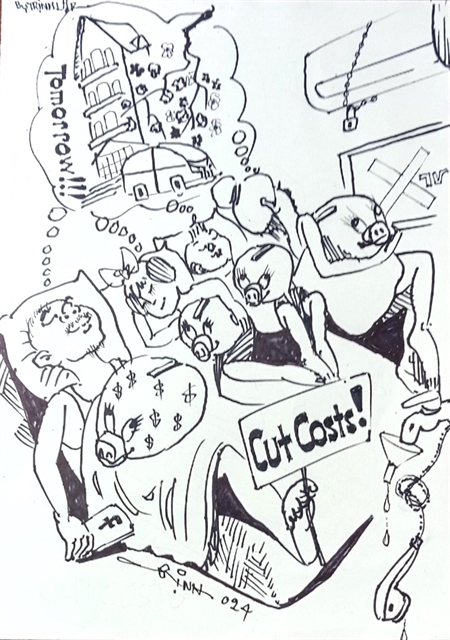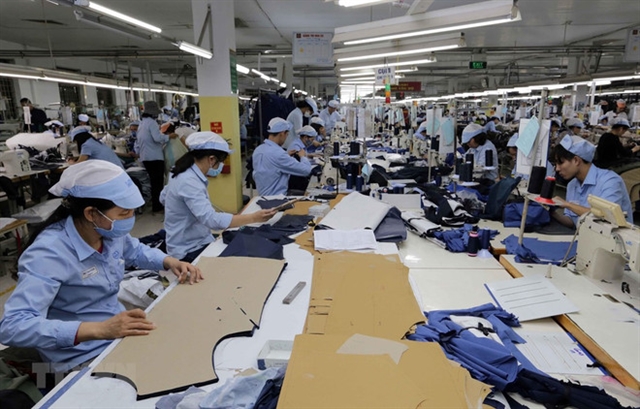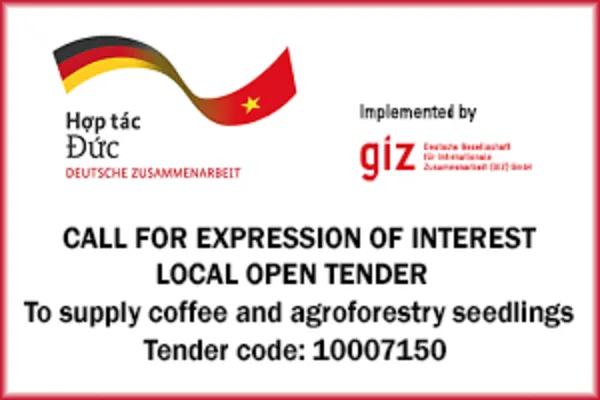 Talk Around Town
Talk Around Town

 |
| Illustration by Trịnh Lập |
Thanh Nga
In recent years, the trend of 'quiet luxury' has gained popularity among the wealthy, who seek to showcase their affluence in a subtle, unobtrusive manner.
However, a new trend is emerging that encourages ordinary, middle-class individuals to openly manage their spending and achieve important financial goals without guilt or shame. This trend, known as 'loud budgeting', is receiving mixed reactions.
In 2023, the quiet luxury trend, which refers to the discreet expression of wealth, was embraced by young people in Việt Nam and around the world. Yet, as 2024 approached, a new phenomenon began to bloom on social media platforms – loud budgeting. This trend sees people with more modest budgets proudly adopting a frugal lifestyle and openly discussing their spending habits.
The shift in attitude towards money is remarkable. In the past, individuals often felt shy or embarrassed to discuss their finances, fearing that they would be perceived as poor or irresponsible. However, this stigma is now being challenged, as people are no longer ashamed to publicly disclose their monthly budgets and actively seek out sales and bargains to find the best quality items at the lowest prices.
‘Loud budgeting’ represents a departure from the spending patterns of those with greater financial resources, which can sometimes lead to a sense of overwhelming pressure or disruption of one's financial plans. By openly discussing money with their family and friends, individuals are reclaiming their financial power and finding a sense of community in their shared experiences.
For instance, a person may reduce the number of social gatherings with friends or a family may opt for purchasing used items or shopping more strategically at local markets, openly sharing their reasoning with those around them.
This trend is not limited to Việt Nam, as Vietnamese youth are also quickly embracing the loud budgeting movement. Hà Nội, known as the most expensive city in the country, has become a leading example of this phenomenon. Many young people in the capital find it entirely appropriate and even praiseworthy to adjust their spending habits.
Nguyễn Anh Huy, a resident of Hà Nội, shared his experience of adopting the loud budgeting lifestyle, even at the cost of feeling isolated from his social circle. He has refused numerous invitations to his friends' parties, some of whom have reacted with anger or dissatisfaction. Huy believes that if his friends cannot understand the importance of his savings, they are not worthy of being his friends any more.
To implement his new lifestyle, Huy decided to sell his television set to fund the purchase of a dehumidifier, which he believes will have a more practical impact than a TV. Additionally, Huy has significantly reduced his electricity and water consumption at home, even going to the office to shower and make landline phone calls.
Another example is Nguyễn Mai Phương, who since the beginning of 2024, has been saying "no" to unnecessary expenses in order to focus her time, money, and energy on truly worthwhile goals. Instead of shopping multiple times a month, she now combines her purchases, minimising costly spending. When it comes to cosmetic items, she carefully researches different stores to find the best prices.
The most popular way to showcase savings on social media platforms is by sharing images of homemade, budget-friendly meals. The simple, yet startlingly inexpensive rice dishes often attract significant attention online.
Furthermore, some individuals are even showcasing their ability to purchase a house and a car despite having a monthly income of only VNĐ10 million (US$430).
On savings-focused online communities, many users are not hesitant to seek advice on spending or escaping poverty.
The TikTok channel "Quality Poor People", owned by Nguyễn Thị Thanh Hà, has recently gained a large following. On her channel, she frequently posts loud budgeting themed videos, such as how to manage a monthly budget of VNĐ3 million (US$130) or how to spend only VNĐ50,000 (US$2) per day on food.
"The word 'saving' is currently being used a bit negatively, sometimes it is associated with the word 'skimp.' Young people rarely talk about saving, and perhaps for that reason, the trend of 'loud budgeting' is a necessary counterweight for young people to realise that they can freely discuss and live to the best of their ability, even if they are just financially modest," Hà said.
The rise of loud budgeting represents a significant shift in societal attitudes towards money and personal finance. By embracing this trend, individuals are challenging the stigma associated with discussing and managing their finances, and finding empowerment in their ability to achieve their financial goals without shame or guilt.
In a difficult economic context, especially after the pandemic, saving is important and necessary. However, saving should not be equated with frugality or cutting costs excessively. The true nature of saving is about streamlining one's needs, not just cutting spending.
As Nguyễn Hữu Trí, founder of Awake Your Power Academy, explained, those who truly understand savings will go inward and refine their needs, eliminating things that are not necessary or cannot bring lasting happiness. Streamlining needs is the essence of savings.
Financial experts, like Dr Trương Tuấn Anh, confirmed that having clear financial goals and being willing to make sacrifices is the 'loud budgeting' trend, especially among younger generations who are now focused on financial peace of mind.
However, consumer spending and a certain lifestyle can also have value in terms of personal development and economic growth. The key is to align one's spending with their actual circumstances and needs, rather than just following passing trends.
Ultimately, the choice between saving and spending should be a personal one, based on individual circumstances and priorities. The goal should be to find a balanced approach that meets one's financial and personal needs sustainably. VNS




